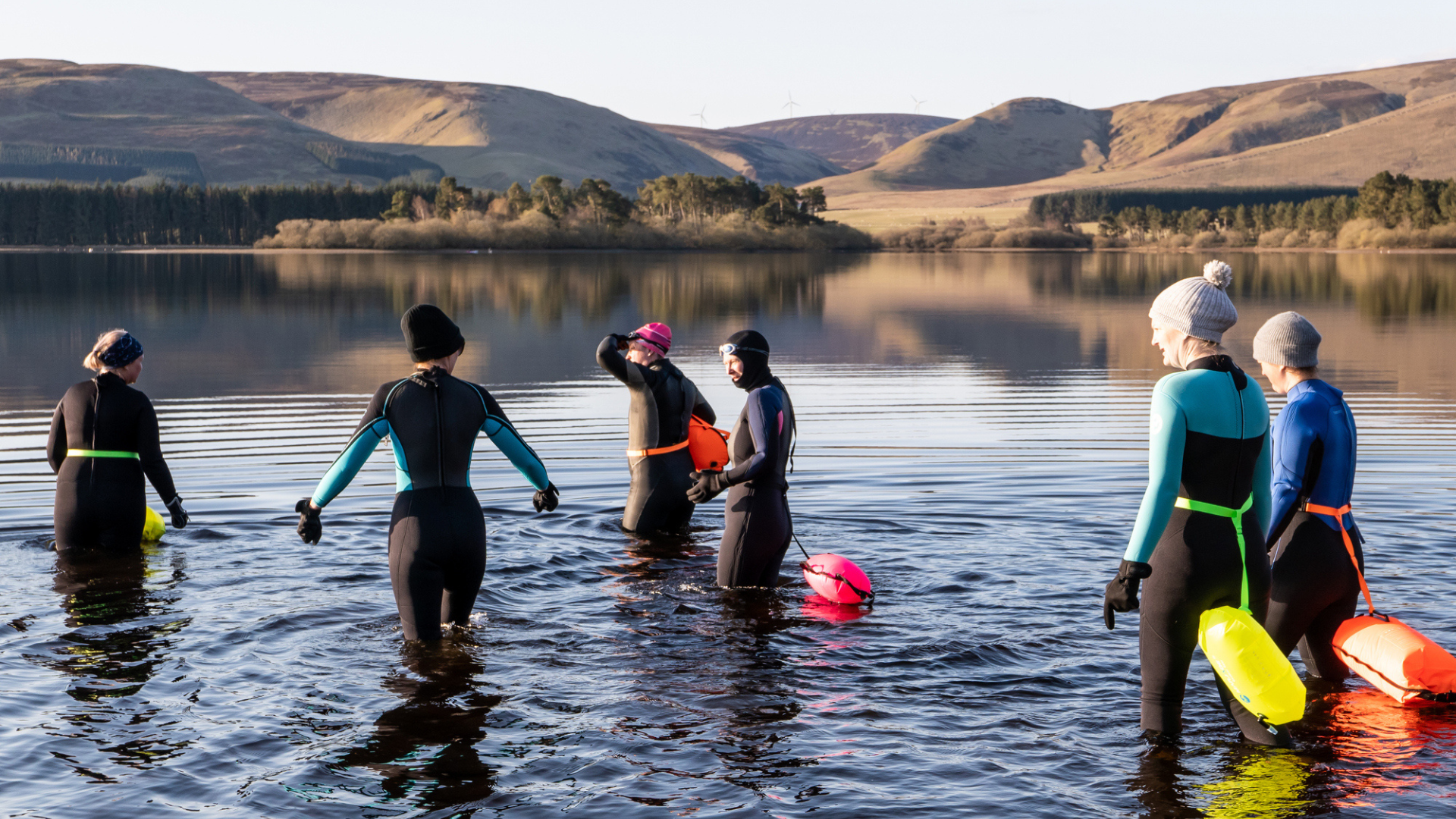Why is it so hard to wake up in winter? (plus how to get up and run)
We ask a sleep expert why it’s so difficult to get up early in winter, and what you can do to maintain your running routine through the cold months
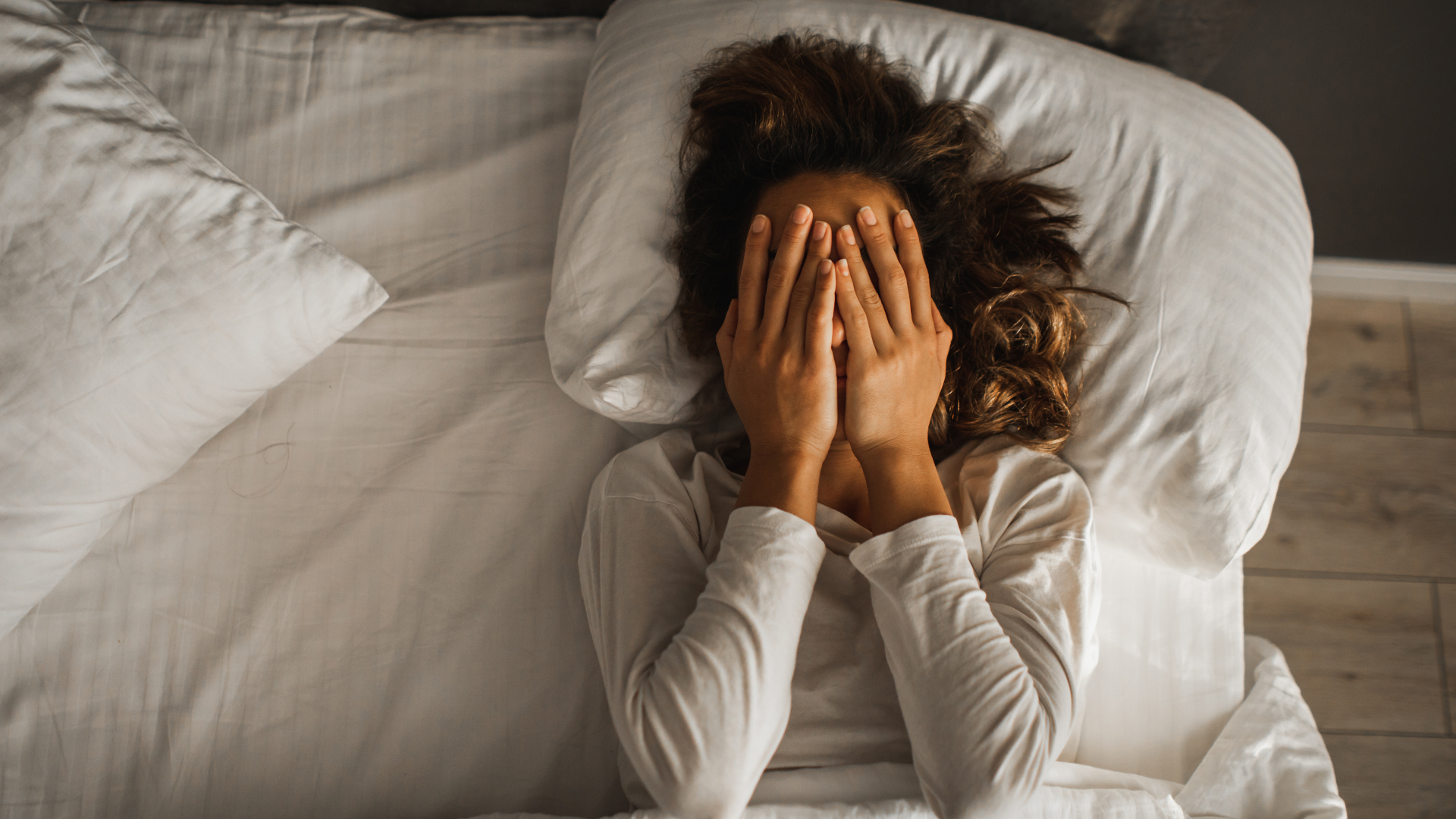
With summer’s early sunrises and late sunsets, it’s hardly a chore to establish a good running routine. Usually the sun has you up and at it before your alarm even sounds, and when you don’t make it out on the trails first thing, you’ve still got hours of daylight after work to pick up the pace.
But when winter rolls around, you can feel like a different person. Gone is the bounder-out-of-bedder that was lacing up your running shoes before the alarm went off and in its place is a groggy, grumpy snooze-hitter. Even though you’ve armed yourself up with a pair of the best trail running shoes that work great on slush and snow, a running jacket to fend off a biting wind and a good running headband to keep your ears toasty, you can barely stomach the thought of getting out there and moving briskly. Why is it so hard to wake up in winter? And how can you consistently get a morning run in winter? We put these questions to a sleep expert to help you stay moving all season long.
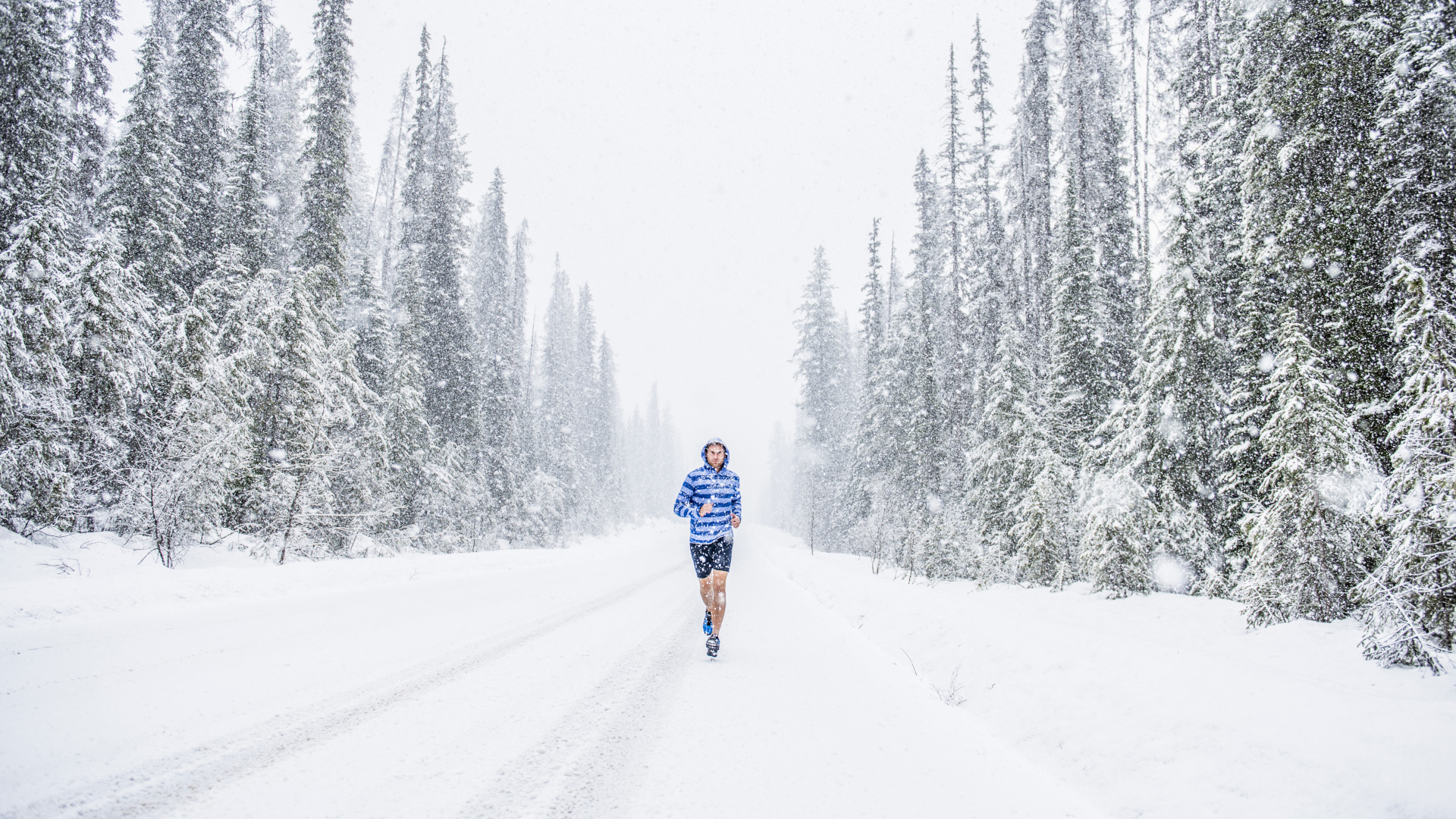
Why is it hard to wake up in winter?
Are you just lazy? Have you finally lost your fire for running? Do you need to hang up your running shoes and become a couch potato? Turns out that all the conviction and warm winter running gear in the world can’t really overcome the driving force of our solar system, at least according to Dr. Nilong Vyas, MD at Sleepless in NOLA and Medical Review Expert at SleepFoundation.org who says that the correlation between the lack of sunlight and your absence of motivation comes down to hormones.
"Sunlight is an exemplary modulator of sleep/wake cycles so when it is darker in the morning, it is harder to wake up and get going,” Vyas confirms.
You probably already know that you get a better night’s sleep when the room is darker, but it turns out that light is the most important influencing factor on sleep, according to an article on Light and Sleep by the Sleep Foundation. Light availability regulates your Circadian Rhythm, the body’s built-in 24-hour clock, and while more light in the morning pushes your natural waking time earlier, lack of light means the pineal gland in your brain produces more of the sleep hormone melatonin, which induces states of drowsiness. Long story short, if you’re struggling to get up in the mornings in winter, your body is most likely responding to the lack of daylight appropriately – by assuming you want to be sleeping, and supplying you with a free, natural sleep aid to do so.
Of course, there could be other factors involved in your resistance to getting out of bed too, such as the cold weather making it all seem less appealing. In fact, in 2020 research, Northwestern University neurobiologists pointed to the cold temperatures as influencing neuronal behavior that inhibits wakefulness and activity. Then there are potential seasonal changes in your diet and routine, and mental health considerations such as Seasonal Affective Disorder, which is thought to affect some 10 million Americans according to Boston University. If you’re worried that any type of health issue is causing your lack of motivation for running in the winter, consult your physician. But if the lack of daylight seems like it might be the culprit, read on for some tips for getting up earlier and hitting the trail.
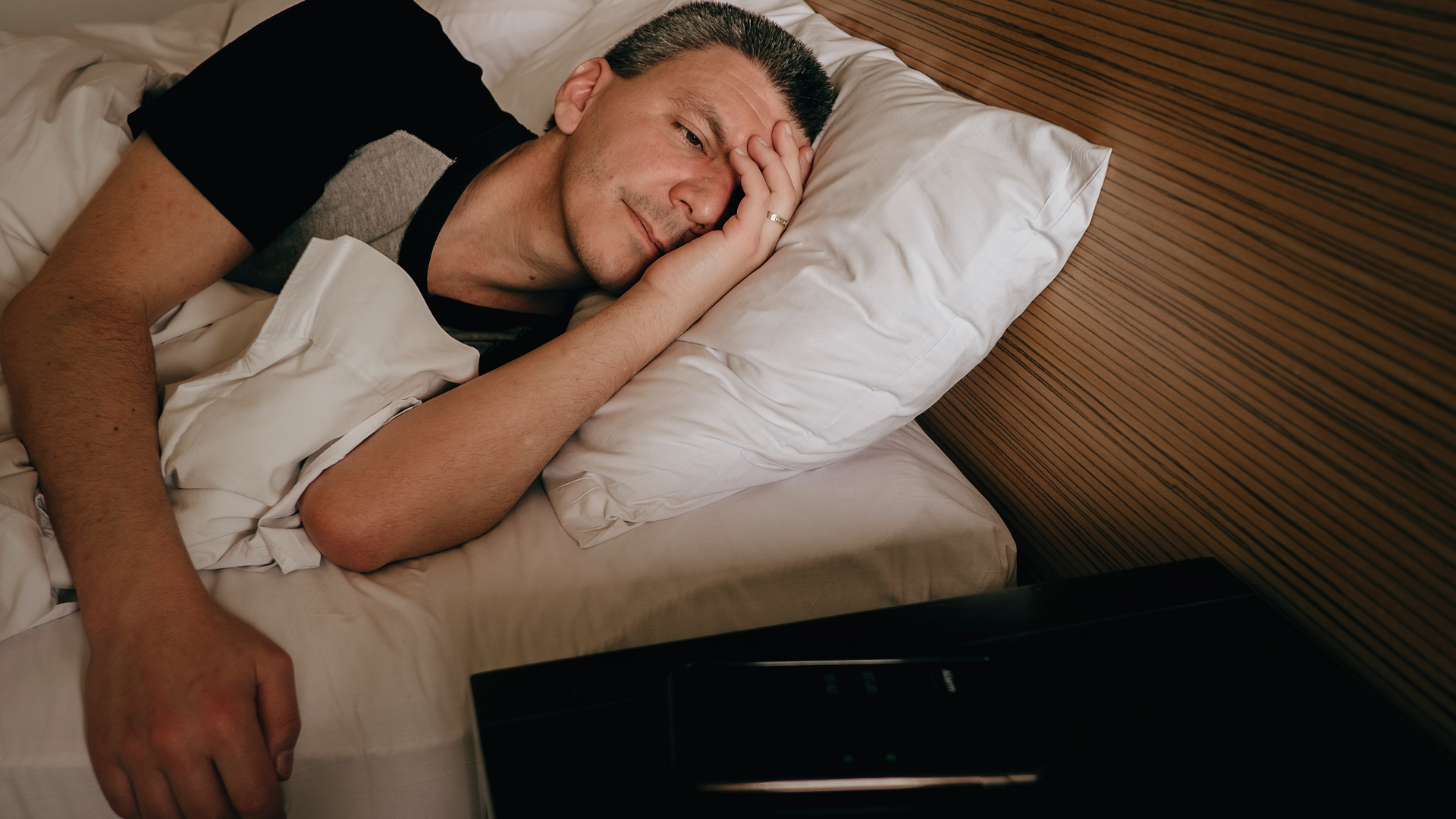
Tips for getting out on that cold morning run
The good news? You’re not lazy. It’s the sun’s fault. But of course you want to keep your running regimen going through the winter so you’re not starting over again next spring. So what can you do?
Advnture Newsletter
All the latest inspiration, tips and guides to help you plan your next Advnture!
Well obviously you can’t completely override nature, but Dr Vyas’ first suggestion is to try using tech to balance nature.
“Runners can use apps and unique nightlights that mimic the sunrise which can wake them up more naturally. This may allow runners to stay consistent with their running routine during the winter months,” she advises.
Rather than just setting the same old alarm on your phone and getting the same results, you can invest in a so-called sunrise alarm clock which gradually simulates a sunrise in your bedroom over a specified period of time between 10 and 60 minutes, however much you need to get those covers off and your feet on the ground. If you’re not looking for anything else taking up space on your nightstand, consider instead downloading an app to your phone such as the Wake Up Light App which performs the same function and can be used on your phone or tablet.
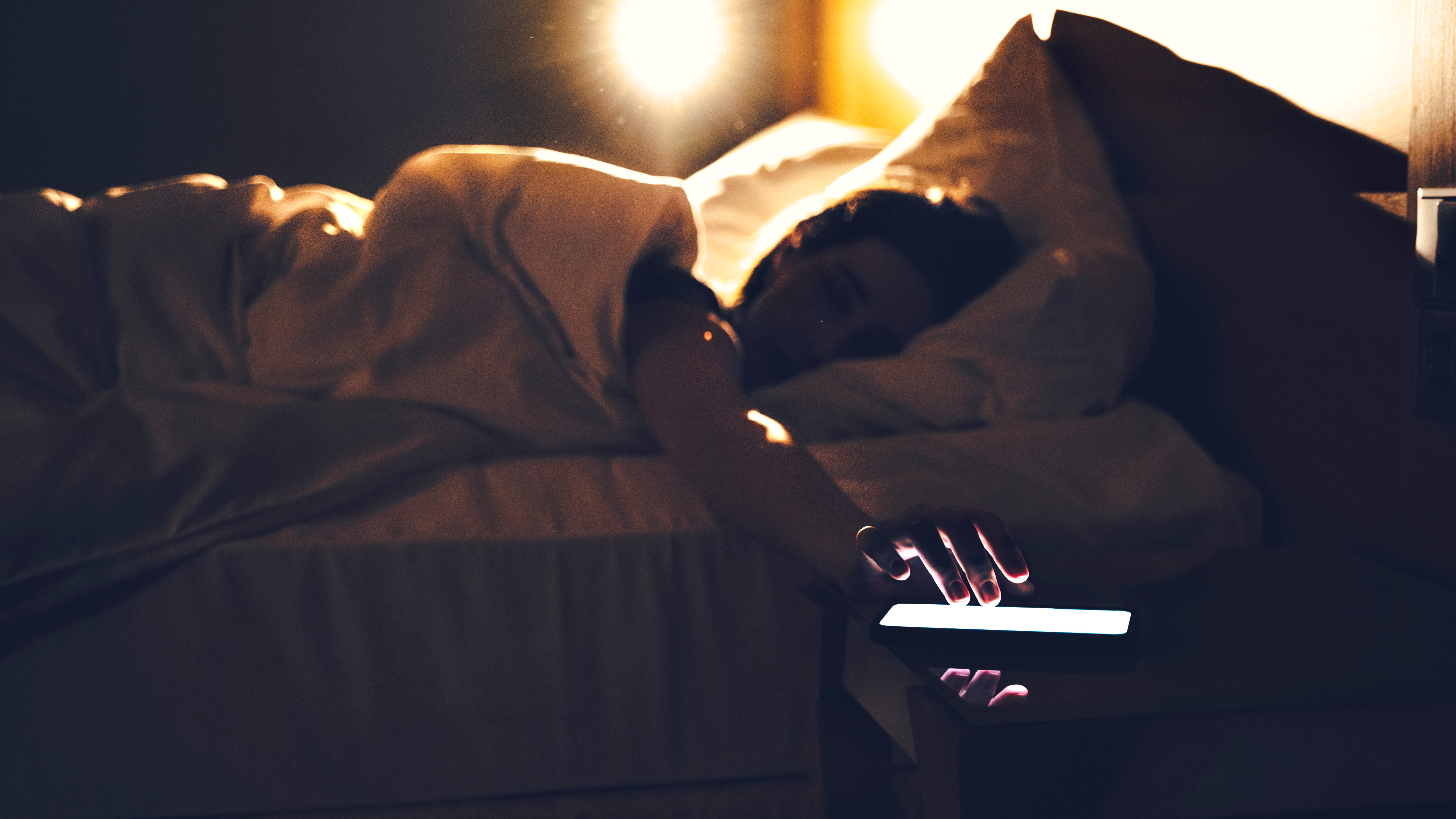
Beyond tech, there are other lifestyle changes you can make, at least for winter, that will help you to rise earlier. According to the Cleveland Clinic, getting to bed a bit earlier will help, which may make more sense at this time of year anyway, and finding a consistent routine is key. Of course, cutting down on the caffeine and avoiding other behaviors that interfere with sleep such as evening exercise and alcohol will help.
The good news is that exercising in the morning has been shown to improve sleep at night, so if you can get the wheels turning, you’re likely to drop off quicker, sleep deeper and wake up feeling more refreshed and motivated.
Julia Clarke is a staff writer for Advnture.com and the author of the book Restorative Yoga for Beginners. She loves to explore mountains on foot, bike, skis and belay and then recover on the the yoga mat. Julia graduated with a degree in journalism in 2004 and spent eight years working as a radio presenter in Kansas City, Vermont, Boston and New York City before discovering the joys of the Rocky Mountains. She then detoured west to Colorado and enjoyed 11 years teaching yoga in Vail before returning to her hometown of Glasgow, Scotland in 2020 to focus on family and writing.

